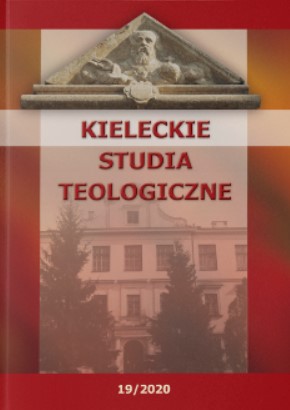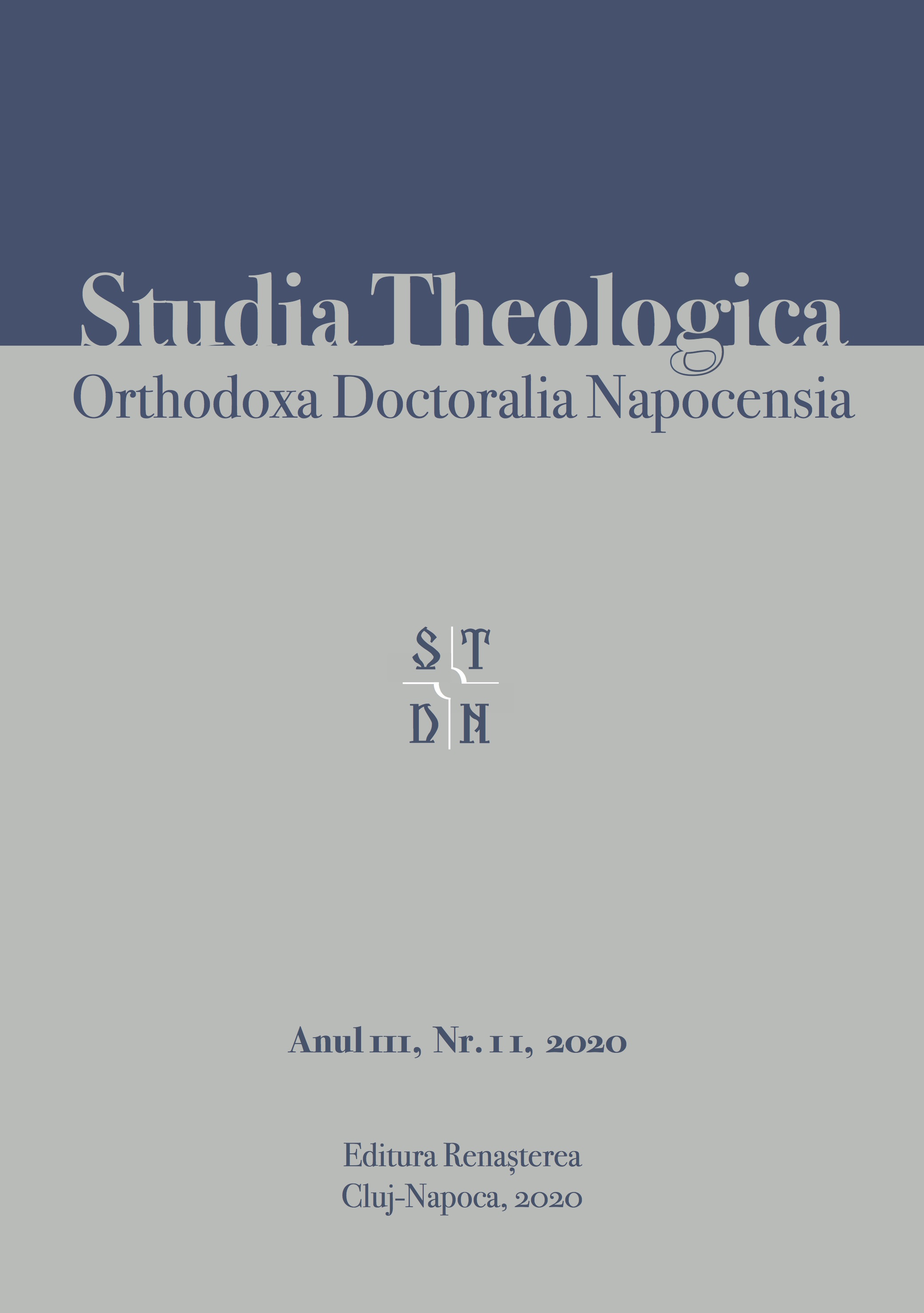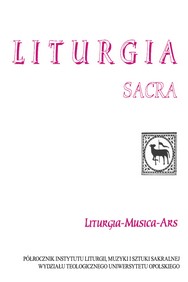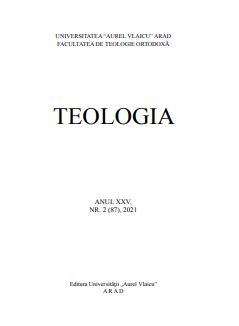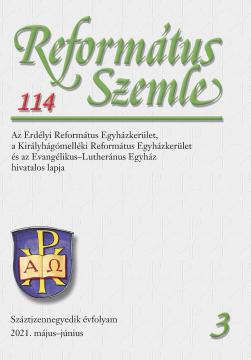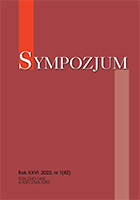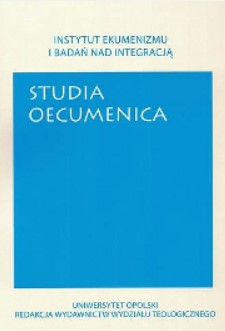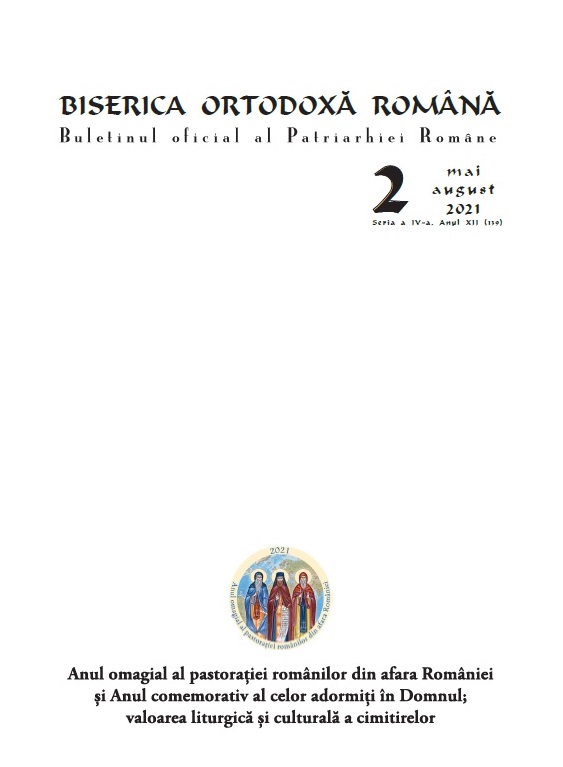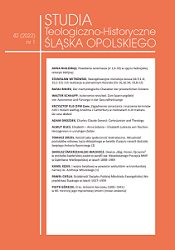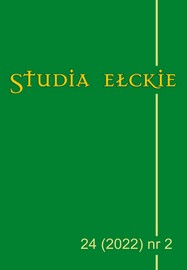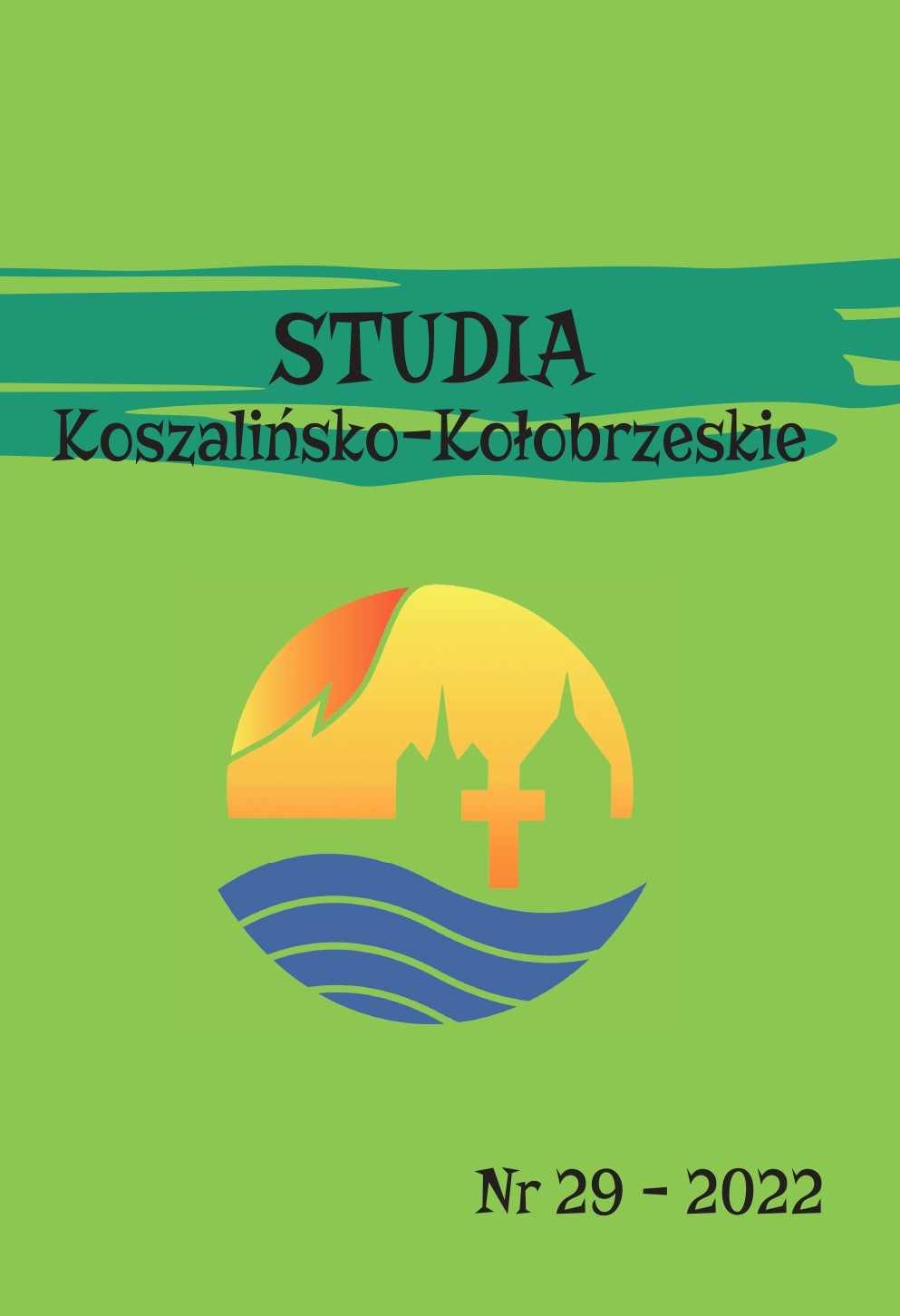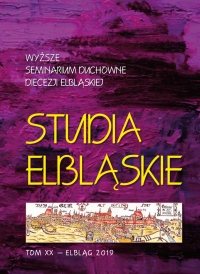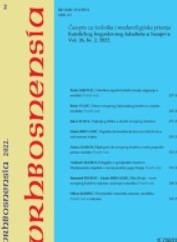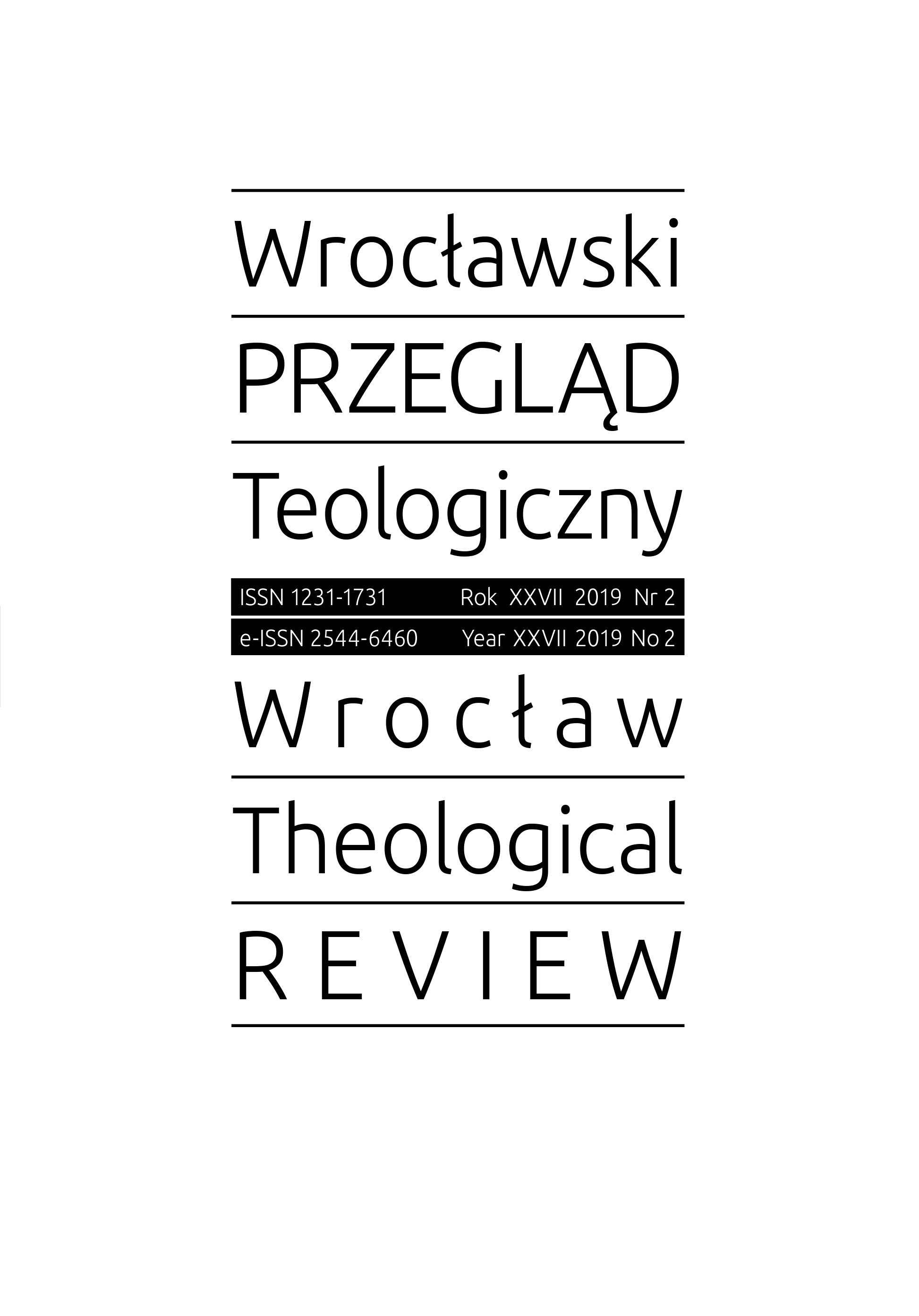
Radykalna ortodoksja jako suspended middle
The article addresses the central ideas of radical orthodoxy. It has been emphasised that the criticism of modern paradigms and rethinking of the Christian tradition connect with the radical return to orthodoxy. The main ideas behind the movement are presented in the form of a juxtaposition of affirmations of orthodox beliefs together with the dangerous consequences of their abandonment. The results of the departure from the concept of patricipation, which is central to radical orthodoxy, are shown with pointing to the heritage of John Duns Scotus that opens space for the misunderstood autonomy of creatures and the dangerous concept of natura pura. Reference was also made to the legacy of Henri de Lubac, which the supporters of the movement interpret most thoroughly and which they want to develop. The author of Surnaturel is also interested in the understanding of humanism and the relationship between theology and philosophy. Suspended middle, a term used by Hans Urs von Balthasar, which later became the title of John Milbanek’s book on de Lubac, seems to be the best self-characteristics of the movement. At the end of the article, the author puts forward a thesis that the authors’ call for radical orthodoxy towards post-conciliar Catholic theology can be compared to the contribution of the Second Council of Constantinople to Christology. In both cases, it is a matter of emphasising unity and rejecting all harmful ‘Nestorian’ duality.
More...
